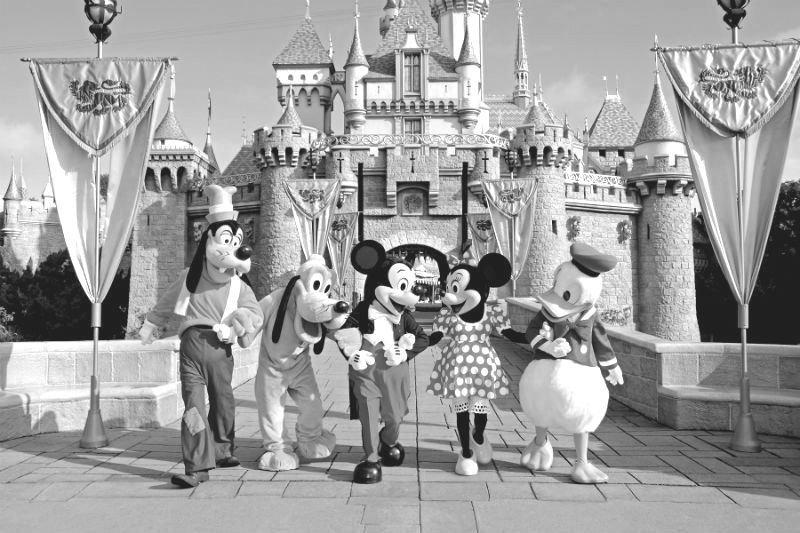Is “The Happiest Place on Earth” rightly so-called? One prominent politician thinks not.
Bernie Sanders, would-be presidential candidate and self-described critic of the “rigged economy,” likened Disney’s employment practices to those of Wal-Mart, the iconic discounter that has come in for widespread criticism for compensating its workers with such meager salary and benefits that many are forced to resort to food stamps and other government relief.
Speaking at a political rally near Anaheim, home of Disneyland, Sanders called out Disney for engaging in similar employment practices:
Let me just start off and be very blunt. We’re here in Anaheim. Everybody knows the major economic force here in Anaheim is the Disney corporation. Anybody here work for Disney? Anybody here making a living wage from Disney?
According to Politico’s coverage of the event, the audience response to the living wage question was a resounding “No!”
Sanders went on to contrast the $44.9 million salary of Disney’s CEO, Robert Iger, with wages paid to Disneyland workers “that are so low that many of them are forced to live in motels because they can’t afford a decent place to live.”
All is not well, apparently, behind Goofy’s grin and Mickey’s merrymaking.
Predictably, Disney’s Iger took issue with Sanders’ criticisms, responding on Facebook as follows:
To Bernie Sanders: We created 11,000 new jobs at Disneyland in the past decade, and our company has created 18,000 in the US in the last five years. How many jobs have you created? What have you contributed to the US economy?
While job creation is of course a good thing, it misses Sanders’ essential point: Some Disney workers aren’t being paid a living wage.
In its simplest form, there are three interrelated variables in play here: the compensation of Disney workers, Disney’s profits, and the price of tickets to Disney parks. If employees are to be better compensated, Disney must be willing to accept lower profits or park visitors must be willing to pay more for tickets.
Something has to give. With admission prices already hovering around $100, it may be time for Disney to lower its profit expectations a bit. That’s a small price to pay to keep “The Happiest Place on Earth” from degenerating from a heartfelt promise into an ironic tagline.
Reader Reality Check
Do Disney’s employment practices affect your interest in visiting the company’s parks?
After 20 years working in the travel industry, and almost that long writing about it, Tim Winship knows a thing or two about travel. Follow him on Twitter @twinship.
This article first appeared on SmarterTravel.com, where Tim is Editor-at-Large.


Of course, neither in the CEO’s Facebook response nor in the corporate PR response were Mr. Sanders’s questions/comments addressed. That’s typically called deflection: “I’m not going to address the comments you make, so I’ll say something else that is true and hope no one notices.” Readers are left wondering, then, why the original issue was not addressed. Is there a reason, Mr. Iger, that you don’t share information about the wages of Disney employees? Is there justification you can share for you earning hundreds of times more than the annual earnings of your average employee? I’d love to read more from you about that. Thanks.
Bernie has great ideas and sounds amazing on paper. But he is clueless on how to implement his plans and how to pay for it. He’s just talking to get votes. but I do agree that disneys prices are wayyyy too high. Look at Everland in South Korea, which is comparable to the average Disneyland but at half the ticket cost and a fraction of the food cost.
If only Bernie had a brain or a basic understanding of economics.